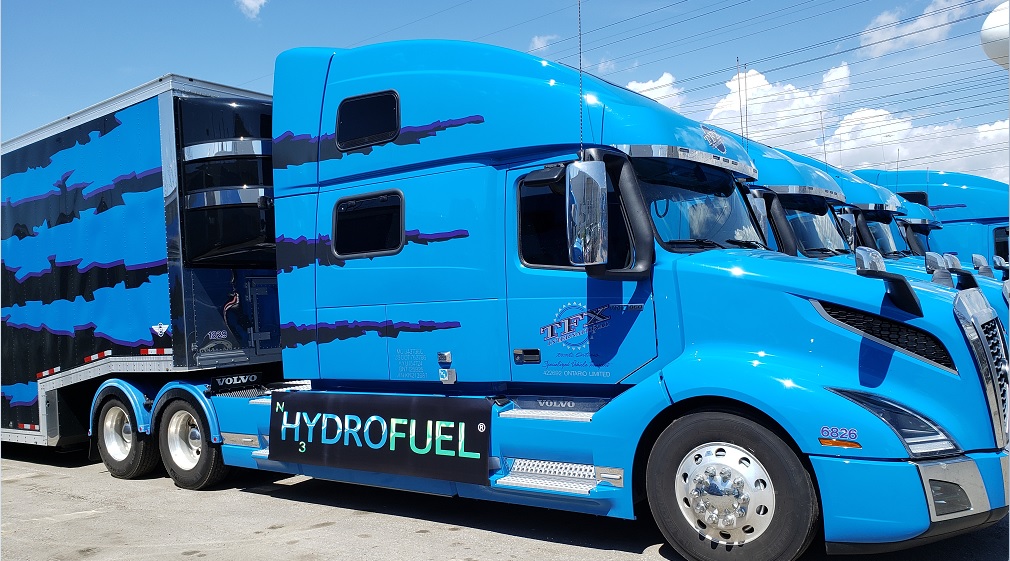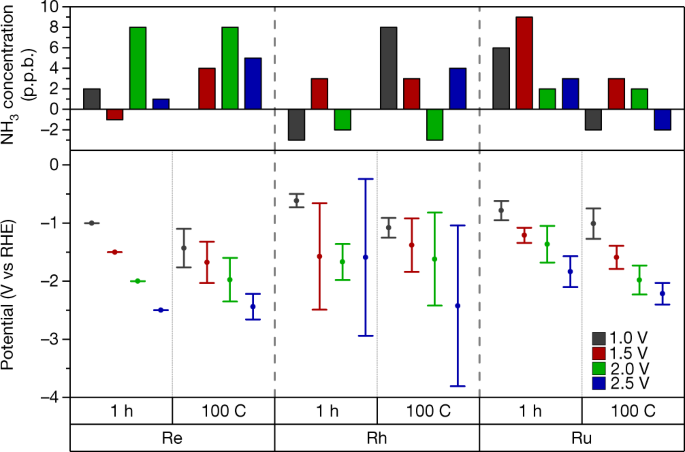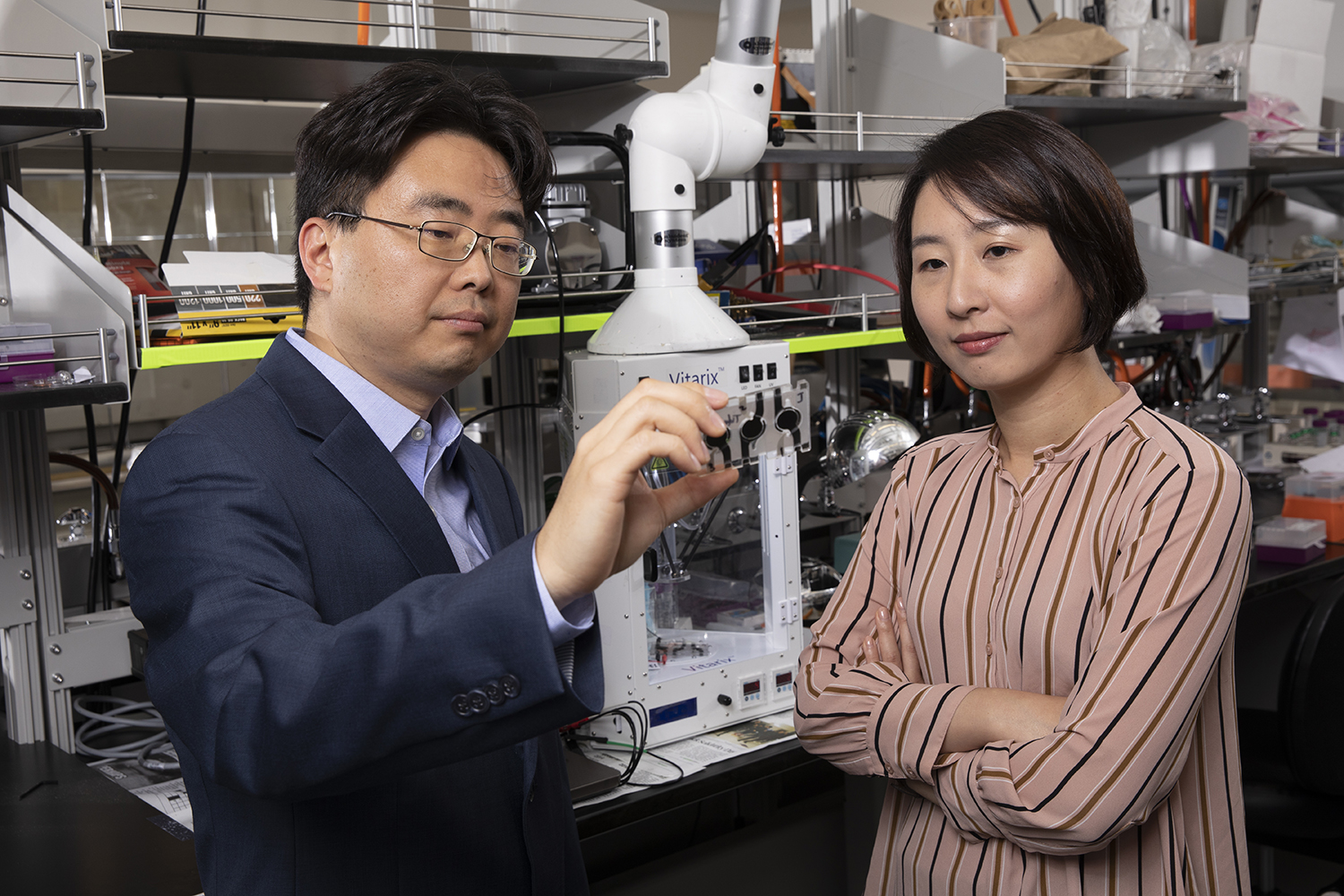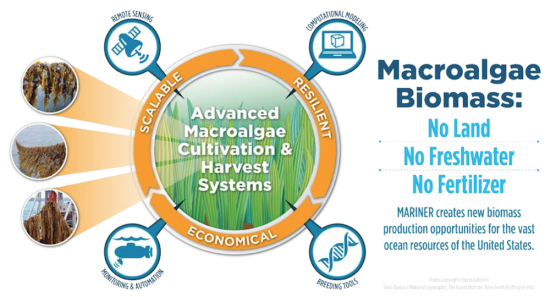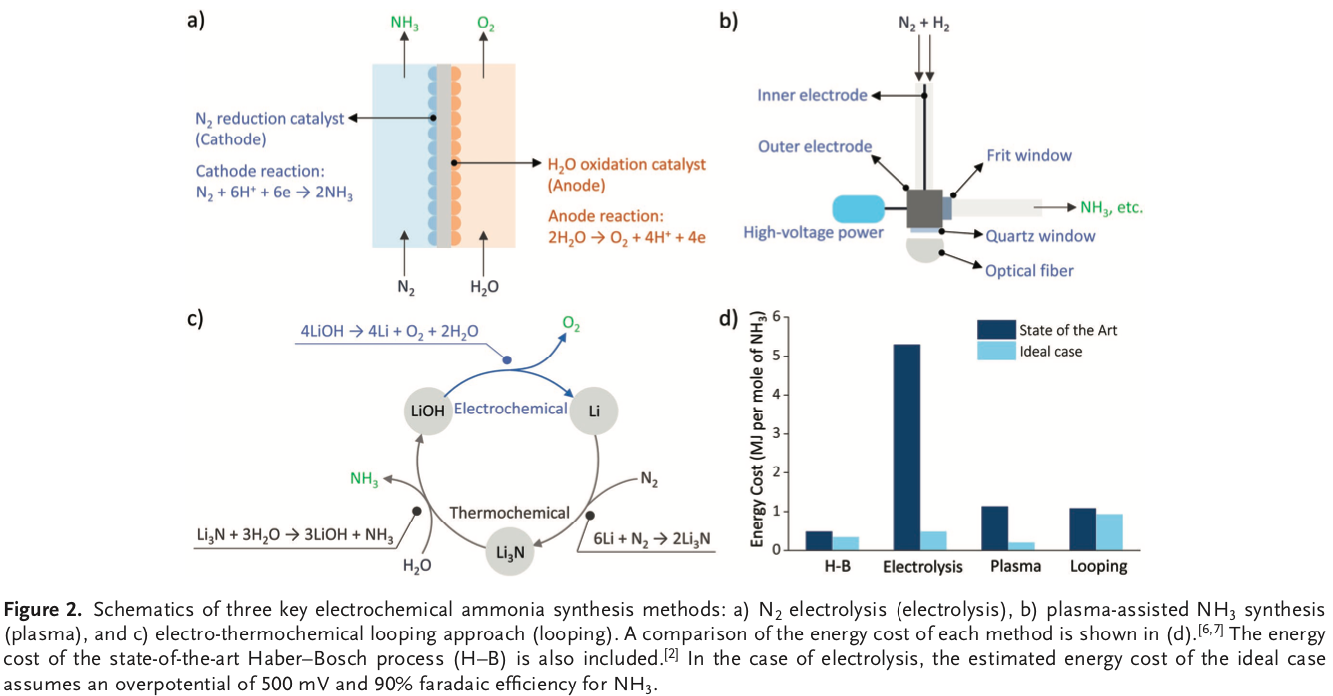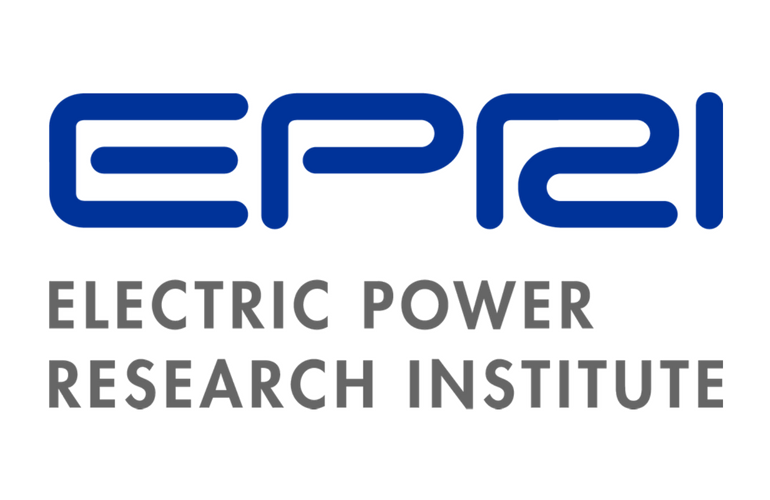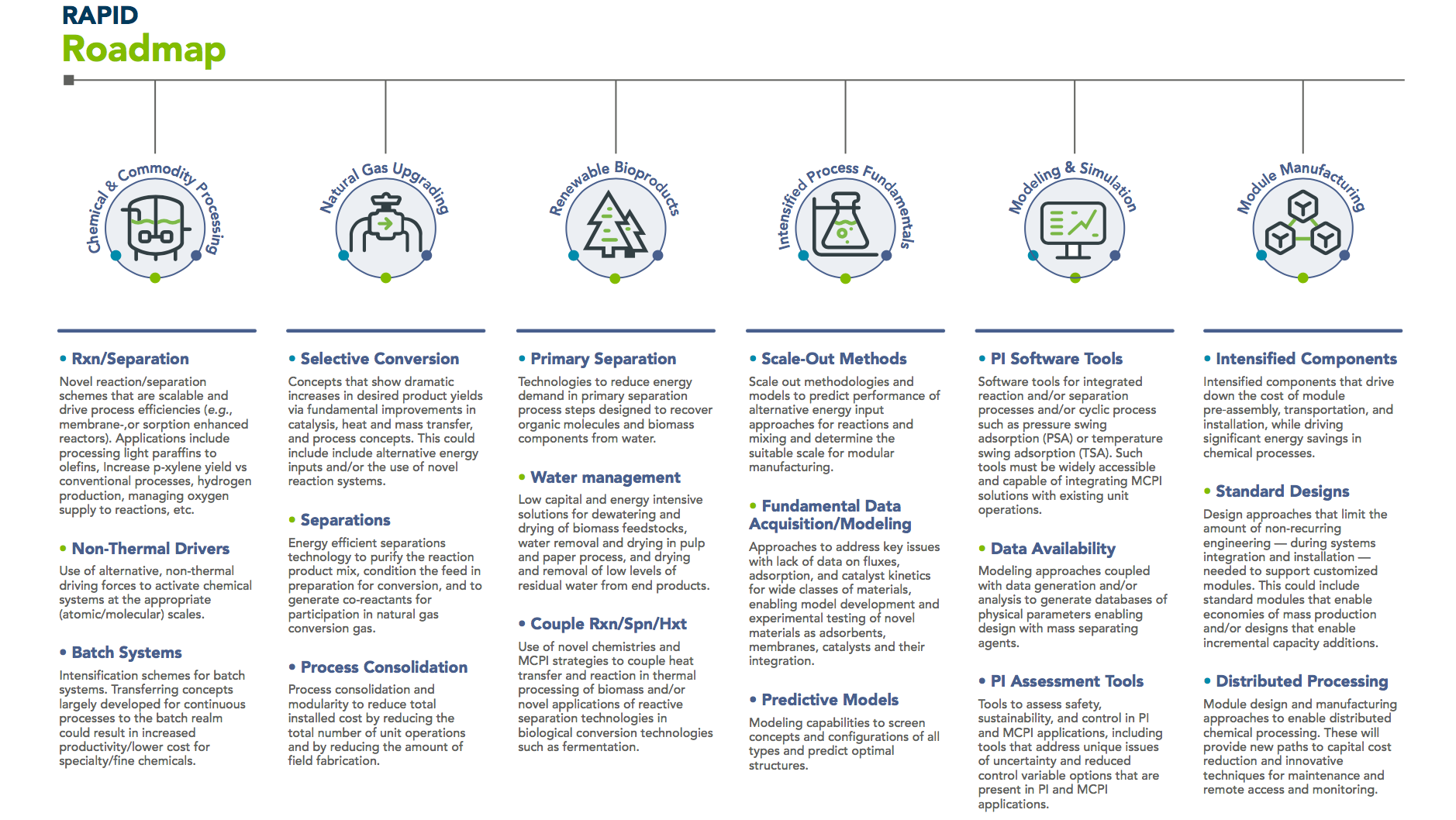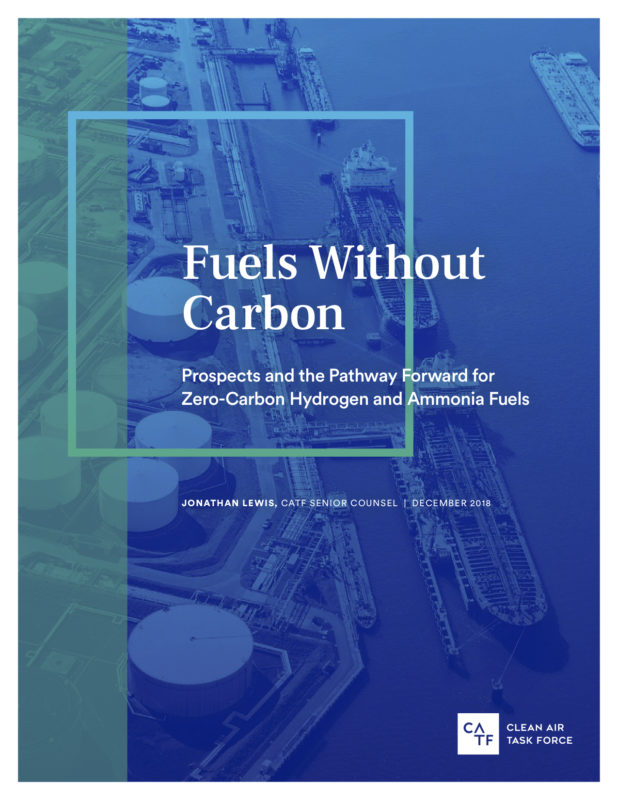Heavy-duty diesel trucks to be converted to use ammonia fuel in Canada
This week, Hydrofuel Inc announced a commercial demonstration project to convert diesel gensets and transport trucks to run on ammonia fuel, with the conversion work and dual-fuel operations scheduled for a three year period. The CAD $2 million (USD $1.5 million) project will take place at TFX International, in Toronto, and involves the conversion of four existing diesel-fueled assets: two stationary power generators and two transport trucks. These will be converted using Hydrofuel's "aftermarket multi-fuels engine retrofit systems," and they will thereafter be able to operate on a dual fuel basis.
